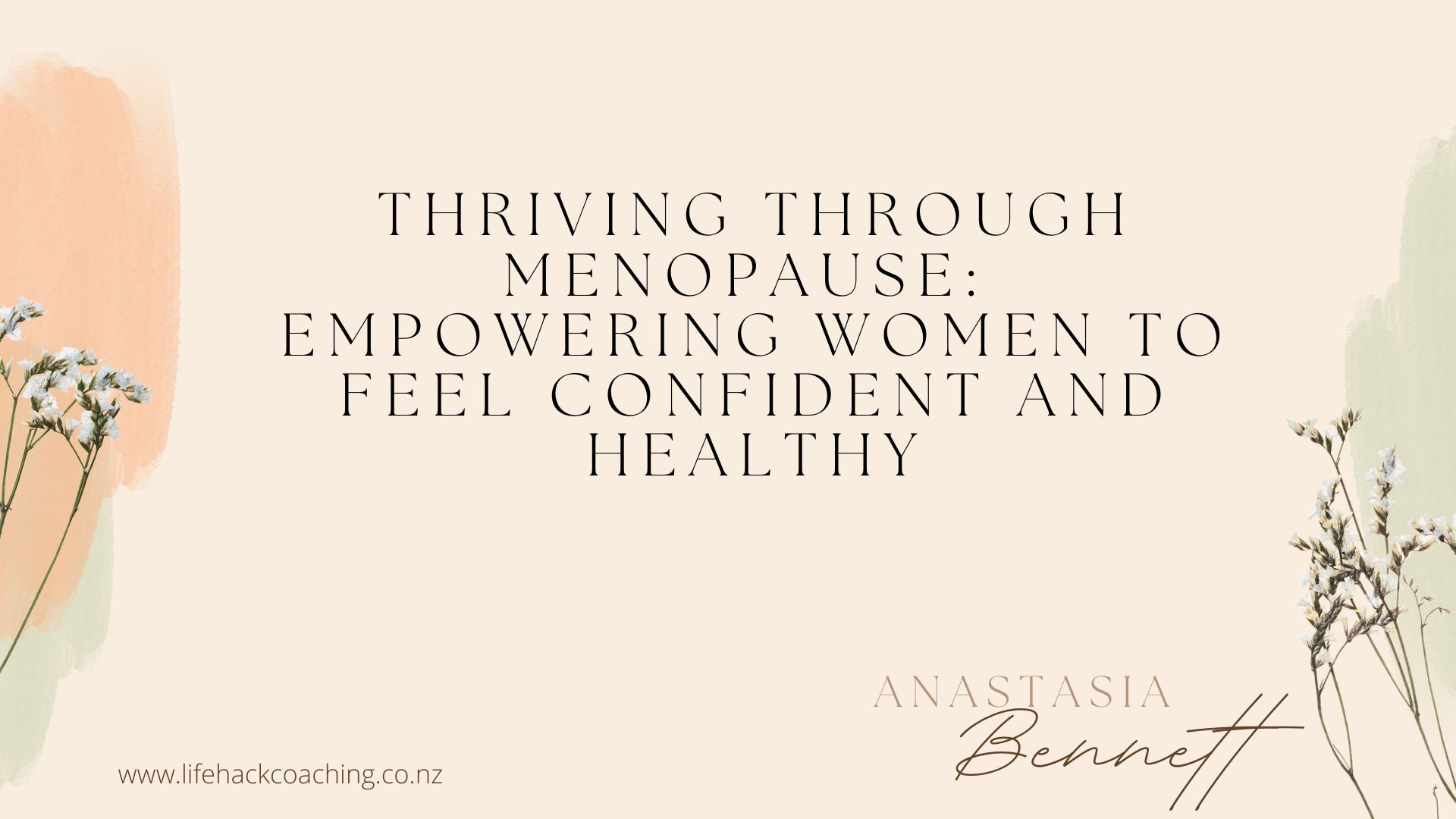Blog

Why Undereating Might Be Your Biggest Weight Loss Roadblock—Especially in Perimenopause
Why Undereating Might Be Your Biggest Weight Loss Roadblock—Especially in Perimenopause
If you’ve been cutting calories, skipping meals, or relying on coffee to power through the day, hoping to shed those stubborn pounds, you might be unknowingly sabotaging your weight loss efforts. Undereating can be a bigger issue than you think—especially for perimenopausal women. Let’s dive into why eating too little might be holding you back, how it affects your hormones, and why it’s not the best idea for your health or weight loss goals.
The Undereating Trap
When you’re trying to lose weight, it’s easy to think that eating less is the key. Fewer calories mean less body fat, right? But it’s not that simple. Our bodies are incredibly smart and adaptable. When you consistently eat too little, your body goes into survival mode, slowing down your metabolism to conserve energy. This can lead to a plateau in your weight loss, or worse, cause you to gain weight even when you’re eating less.
But it’s not just about weight. Undereating can wreak havoc on your hormones, making it even harder to lose weight and feel good.
Hormonal Havoc
Hormones are like the body's internal traffic controllers—they keep everything moving smoothly. When you undereat, it disrupts this delicate balance, especially during perimenopause, when hormones are already fluctuating.
Cortisol: When you’re not eating enough, your body perceives it as stress, which can lead to increased cortisol levels. High cortisol can cause your body to hold onto fat, particularly around your midsection. It can also lead to muscle loss, fatigue, and mood swings.
Thyroid Hormones: Your thyroid is responsible for regulating metabolism. When you eat too little, your thyroid function can slow down, which means a slower metabolism and even more difficulty losing weight. In perimenopause, when your thyroid might already be under pressure, this can be a serious issue.
Estrogen and Progesterone: These hormones are key players in perimenopause, and undereating can throw them out of whack even further. Low estrogen levels can lead to increased fat storage, particularly around the belly, while low progesterone can cause sleep disturbances, anxiety, and water retention.
Insulin: Eating too little can also mess with your insulin levels, making it harder for your body to regulate blood sugar. This can lead to cravings, irritability, and energy crashes, making it harder to stick to a healthy eating plan.
Why Undereating Isn’t a Great Idea in Perimenopause
Perimenopause is a time of significant hormonal shifts, and your body needs all the support it can get. Undereating deprives your body of the nutrients it needs to manage these changes. Here’s why it’s not the best strategy:
Muscle Loss: As you age, you naturally lose muscle mass. Eating too little accelerates this process, which slows down your metabolism and makes it harder to burn calories, even at rest. Muscle is your body’s calorie-burning powerhouse—losing it is the last thing you want.
Nutrient Deficiency: Cutting calories often means cutting out important nutrients. Perimenopausal women need plenty of vitamins and minerals, like calcium, vitamin D, and magnesium, to support bone health, mood, and overall wellbeing. Undereating can lead to deficiencies that exacerbate perimenopausal symptoms.
Energy and Mood: Perimenopause can already bring fatigue and mood swings. Not eating enough only makes these symptoms worse, leaving you feeling drained, irritable, and more likely to reach for unhealthy comfort foods.
The Better Approach: Nourish Your Body
Instead of focusing on eating less, focus on eating better. Here’s how:
Eat Balanced Meals: Make sure each meal includes a good balance of protein, healthy fats, and complex carbohydrates. This keeps your blood sugar stable, your metabolism humming, and your hormones in check.
Don’t Skip Meals: Skipping meals can lead to overeating later and mess with your metabolism. Aim to eat regular meals and snacks to keep your energy and hormones balanced.
Prioritize Protein: Protein is essential for muscle maintenance, especially as you age. Include a source of lean protein with each meal to help preserve muscle mass and keep you feeling full and satisfied.
Healthy Fats: Don’t shy away from fats. Healthy fats like those found in olive oil, nuts, seeds, and avocados support hormone production and can help reduce inflammation.
Listen to Your Body: Hunger is your body’s way of telling you it needs fuel. Ignoring hunger signals can lead to overeating later and more stress on your body. Eat when you’re hungry, and stop when you’re satisfied.
Undereating might seem like the fast track to weight loss, but it often backfires, especially during perimenopause. Instead of depriving your body, focus on nourishing it. When you give your body the fuel it needs, your hormones can function properly, your metabolism stays active, and you’ll find it easier to lose weight in a healthy, sustainable way. Remember, it’s not about eating less—it’s about eating right. #weightloss #perimenopause #hormonehealth #nourishyourbody

Perimenopause and Menopause
Masterclass 101
Thriving through menopause, encouraging women to feel
confident & healthy.